Companion Plants That Will Keep Aphids Away
Companion Plants That Will Keep Aphids Away
Aphids are small, soft-bodied insects that are found in gardens all over the world. They can be a nuisance, as they can quickly suck the sap out of plants, causing them to wilt and die. However, there are a number of companion plants that can help to repel aphids.
Companion planting is a gardening technique in which certain plants are strategically placed together to benefit each other. Some plants may naturally repel pests, while others may attract beneficial insects that prey on pests. By planting companion plants together, you can create a more balanced ecosystem in your garden that helps to control pests without the use of harmful chemicals.
Here are some of the best companion plants for repelling aphids:
- Alliums. Alliums, such as garlic, onions, chives, and leeks, have a strong scent that aphids find unpleasant. They also release volatile oils that can help to deter other pests, such as spider mites and whiteflies.
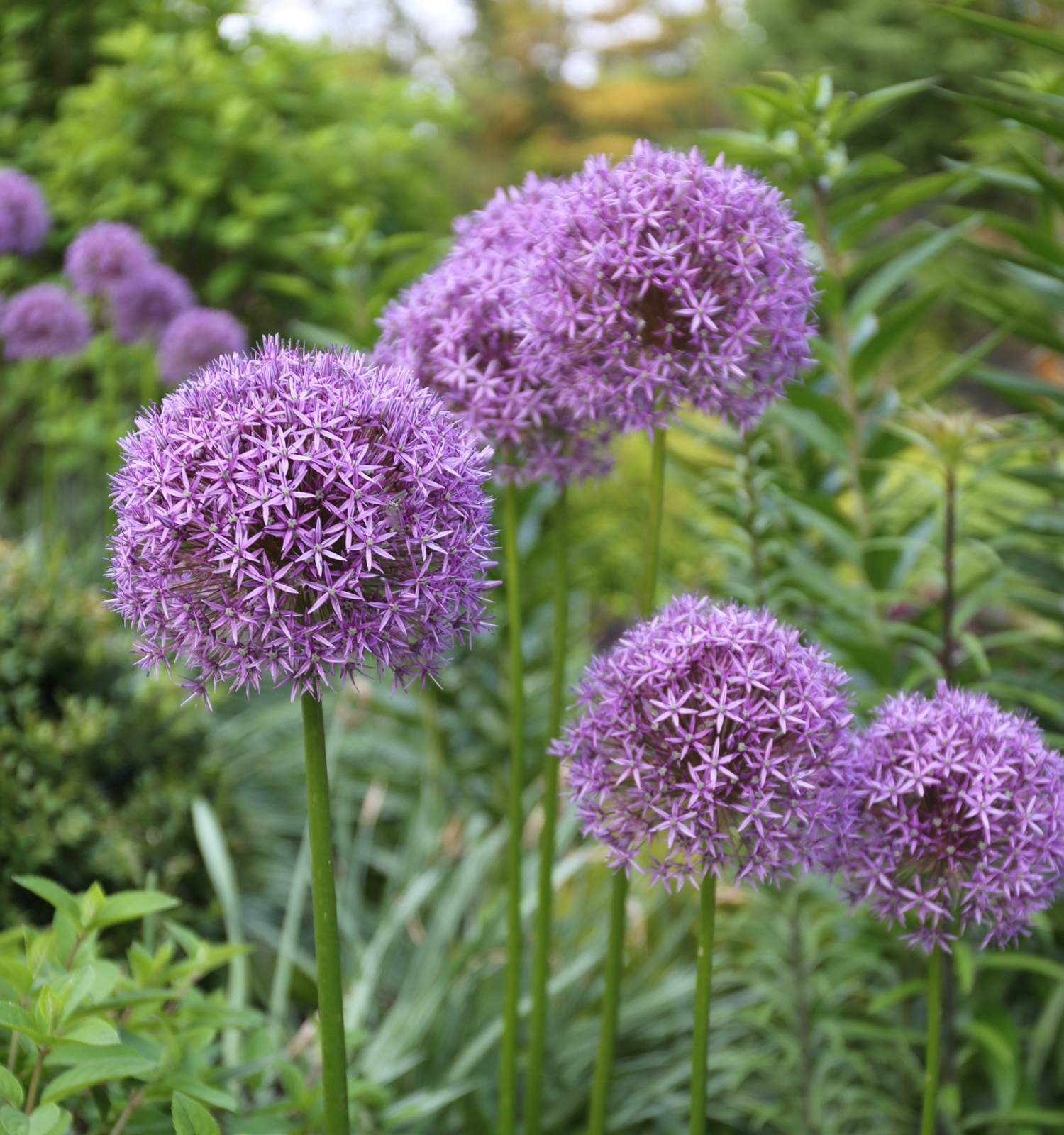
- Marigolds. Marigolds are another great choice for companion planting, as they have a strong scent that aphids find repellent. They also attract beneficial insects, such as ladybugs and lacewings, which prey on aphids.
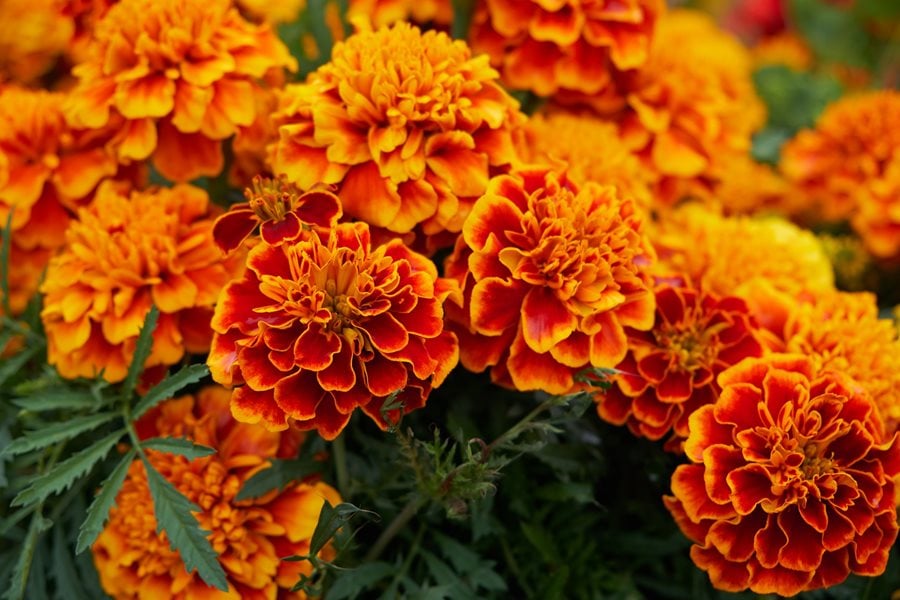
- Catnip. Catnip is another plant that aphids don't like. The strong scent of catnip can actually kill aphids on contact.

- Fennel. Fennel has a strong, licorice-like scent that aphids find unpleasant. It can also help to attract beneficial insects, such as hoverflies and parasitic wasps, which prey on aphids.
- Dill. Dill has a strong scent that aphids find repellent. It can also help to attract beneficial insects, such as ladybugs and lacewings.
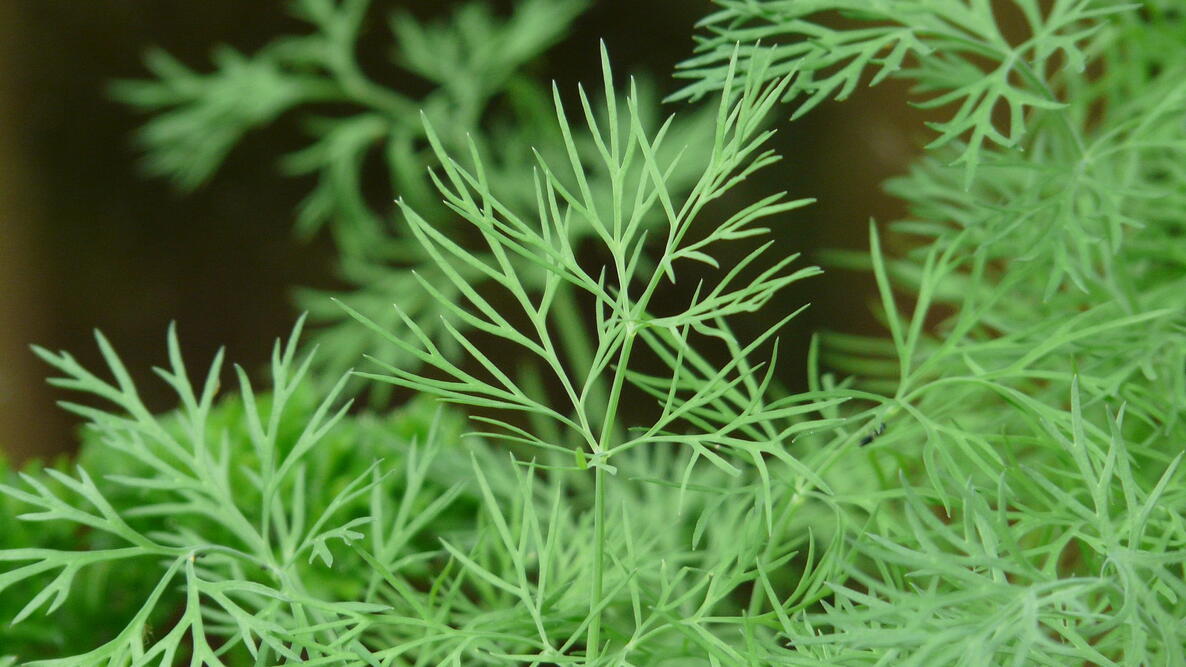
- Cilantro. Cilantro has a strong, citrusy scent that aphids find repellent. It can also help to attract beneficial insects, such as ladybugs and lacewings.
- Mint. Mint has a strong scent that aphids find repellent. It can also help to repel other pests, such as mosquitoes and ants.
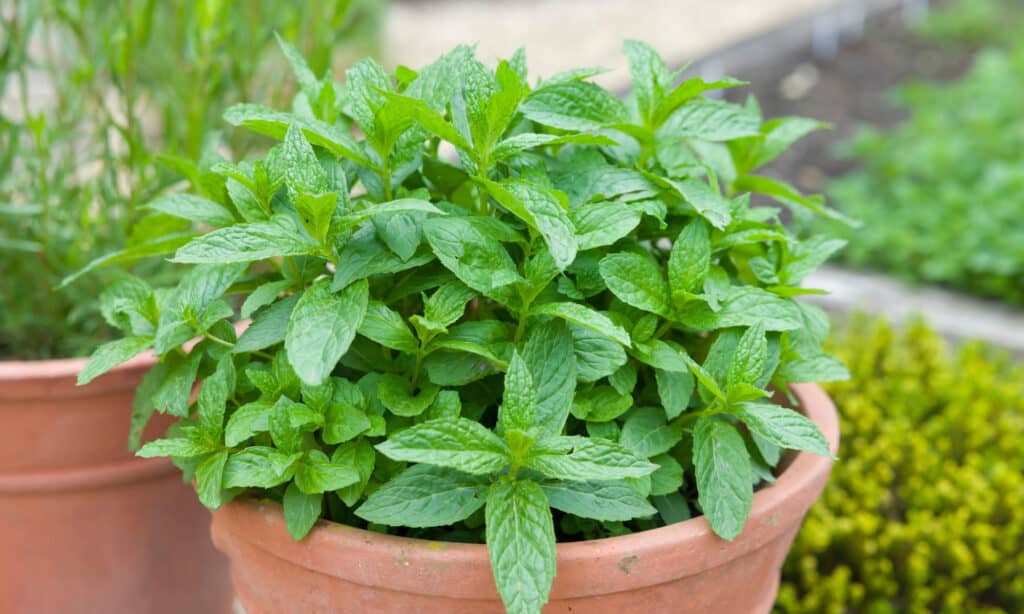
- Basil. Basil has a strong, sweet scent that aphids find repellent. It can also help to attract beneficial insects, such as ladybugs and lacewings.
- Rue. Rue has a strong, bitter scent that aphids find repellent. It can also help to repel other pests, such as mosquitoes and flies.
These are just a few of the many companion plants that can help to repel aphids. When choosing companion plants, it is important to consider the specific plants in your garden and the pests that are most common in your area. By planting the right companion plants together, you can create a more pest-resistant garden without the use of harmful chemicals.
Aphids are small, sap-sucking insects that can be a major pest in gardens. They can quickly infest plants and cause them to wilt, yellow, and even die. While there are a number of chemical pesticides that can be used to control aphids, many gardeners prefer to use more natural methods. One of the most effective ways to control aphids is to use companion planting.
Companion planting is a gardening technique that involves planting certain types of plants together to benefit each other. Some plants, such as onions, garlic, and chives, have strong scents that repel aphids. Other plants, such as nasturtiums and marigolds, attract beneficial insects that prey on aphids. By planting these types of plants together, you can create a garden that is naturally resistant to aphids.
If you're interested in learning more about companion planting for aphids, I recommend visiting Gardenia Inspiration. This website has a wealth of information on the topic, including a list of plants that repel aphids, tips on how to plant them together, and more.
FAQ of companion planting for aphids
Q: What are companion plants?
A: Companion plants are plants that are intentionally planted together because they benefit each other in some way. Some companion plants can repel pests, while others can attract beneficial insects that prey on pests.
Q: What plants repel aphids?
A: Some of the most effective companion plants for repelling aphids include:
- Basil: Basil has a strong scent that aphids find unpleasant. It is a good companion plant for tomatoes, peppers, beans, eggplant, and asparagus.
- Garlic: Garlic also has a strong scent that aphids avoid. It is a good companion plant for roses, cabbage, broccoli, and cauliflower.
- Onion: Onions are another member of the allium family that aphids dislike. They are a good companion plant for brassicas like cabbage, kale, broccoli, and cauliflower.
- Marigold: Marigolds are not only beautiful flowers, but they also release a scent that repels aphids. They are a good companion plant for most vegetables.
- Nasturtium: Nasturtiums are another flowering plant that repels aphids. They are a good companion plant for tomatoes, peppers, and eggplants.
Q: What plants attract aphids?
A: Some of the plants that aphids are attracted to include:
- Brassicas: Aphids love brassicas like cabbage, broccoli, cauliflower, and kale.
- Potatoes: Aphids also like potatoes.
- Beans: Aphids will sometimes feed on beans, but they prefer other plants.
- Melons: Aphids can sometimes be a problem on melons.
- Tomatoes: Aphids can sometimes be a problem on tomatoes.
Q: How can I use companion planting to control aphids?
A: You can use companion planting to control aphids by planting aphid-repelling plants near your susceptible plants. This will help to create a barrier that aphids will avoid. You can also plant aphid-attracting plants near beneficial insects that prey on aphids. This will help to attract the beneficial insects to your garden and keep your aphid population under control.
Q: What are some other natural ways to control aphids?
A: In addition to companion planting, there are a number of other natural ways to control aphids. These include:
- Spraying your plants with water: A strong spray of water can knock aphids off your plants.
- Using insecticidal soap: Insecticidal soap is a non-toxic way to kill aphids.
- Using neem oil: Neem oil is another non-toxic way to kill aphids.
- Handpicking aphids: If you only have a few aphids, you can handpick them and dispose of them.
Image of companion planting for aphids
5 different images of companion planting for aphids:
- Nasturtiums and broccoli. Nasturtiums attract beneficial insects that prey on aphids, such as ladybugs and lacewings. Broccoli is a host plant for aphids, but planting it near nasturtiums can help to reduce the aphid population.
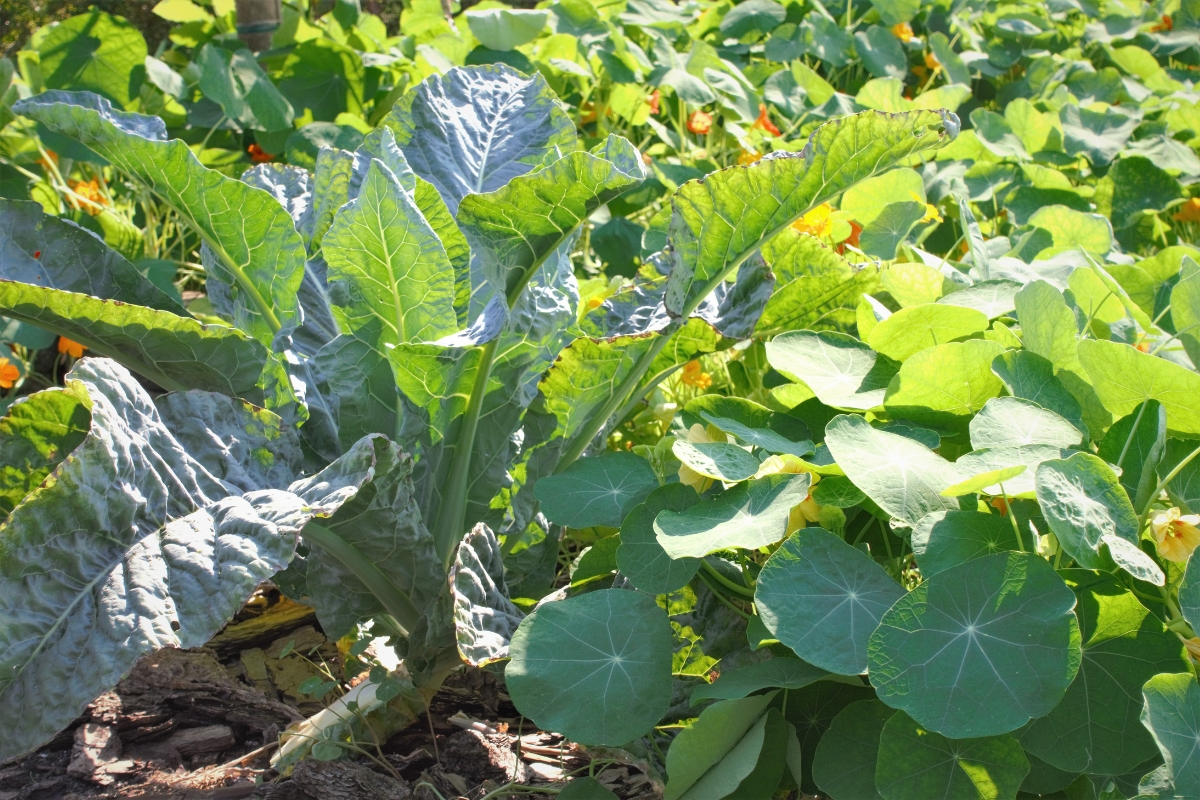
- Chives and roses. Chives release a scent that repels aphids. Planting chives near roses can help to keep these pests away.

- Marigolds and tomatoes. Marigolds also release a scent that repels aphids. Planting marigolds near tomatoes can help to protect these plants from aphid infestations.
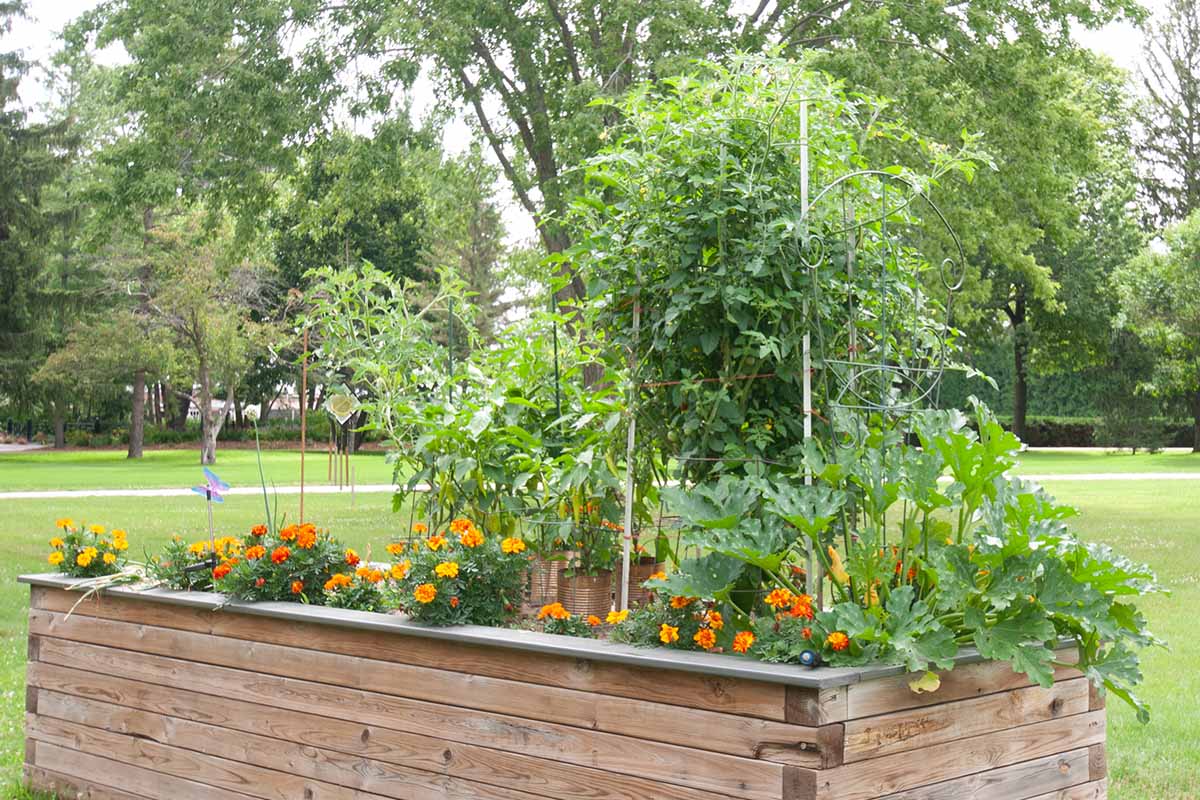
- Lavender and beans. Lavender is another herb that repels aphids. Planting lavender near beans can help to keep these pests away.
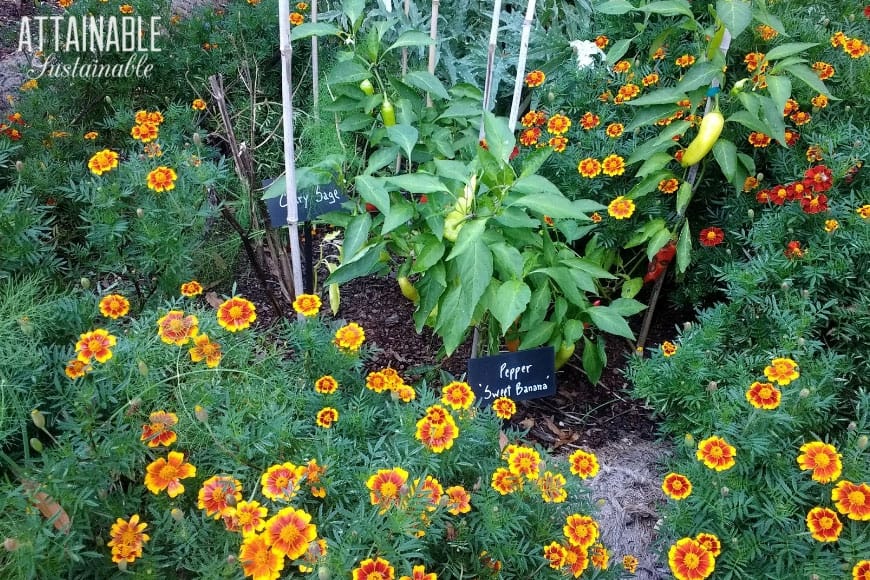
- Catnip and cabbage. Catnip is a member of the mint family, which produces a scent that repels aphids. Planting catnip near cabbage can help to protect these plants from aphid infestations.

Post a Comment for " Companion Plants That Will Keep Aphids Away"